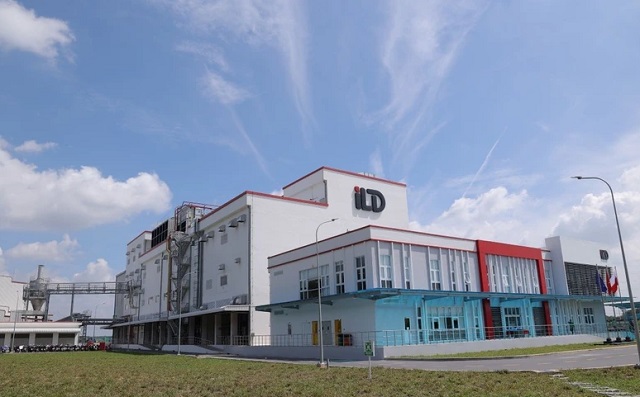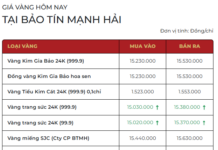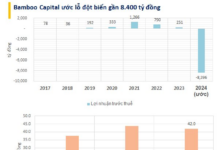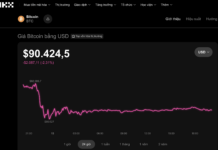
A panoramic view of the factory of ILD Coffee Vietnam Limited Company, invested by two European enterprises, Louis Dreyfus Company (LDC) and Instanta Sp.zo.o. (Instanta). (Photo: Huyen Trang/ VNA)
|
On October 8, the European Business Association in Vietnam (EuroCham) released the Business Confidence Index (BCI) report for Q3 2024, reflecting positive signals in business sentiment despite ongoing economic challenges due to the aftermath of Typhoon Yagi (Storm No.3) and operational hurdles in Vietnam.
Specifically, the Q3 BCI rose to 52 compared to 45.1 in the same period last year, marking a strong recovery in a year full of external dynamic factors. The survey results also showed that 47.4% of the surveyed enterprises believed that Vietnam’s macroeconomic situation would improve in the next quarter.
Moreover, up to 69.3% of the surveyed businesses expected Vietnam’s business environment to be favorable in the next five years. The EuroCham business community also highly assessed Vietnam’s long-term economic prospects, with 67% of the surveyed enterprises considering Vietnam an attractive investment destination, despite certain remaining challenges.
According to Bruno Jaspaert, President of EuroCham, despite recent economic tensions caused by Typhoon Yagi, the resilience and adaptability of both the Vietnamese economy and the European business community operating here are evident in the Q3 BCI report. These results are not just numbers but paint a comprehensive picture, highlighting Vietnam’s development as a strategic business hub.
Particularly, after the new decree on the Direct Power Purchase Agreement (DPPA) mechanism was issued in July 2024, nearly 30% of surveyed enterprises predicted they would benefit from renewable energy projects, reinforcing Vietnam’s commitment to the green transition. Notably, a quarter of service providers and companies with a scale of 100 employees or more anticipated moderate to significant gains from this mechanism.
Thue Quist Thomasen, Executive Director of Decision Lab (the survey implementer), shared that while there had been overall improvements, challenges remained, as indicated in the Q3 BCI report, particularly in the field of digital transformation. He emphasized that technology adoption would be key for businesses to streamline processes and adapt to sustainability standards in the future.
Similar to previous quarters, the Q3 BCI report also identified the three most significant obstacles for European businesses in Vietnam as administrative burdens, unclear regulations, and licensing difficulties. Some enterprises also faced challenges related to tax procedures and compliance with fire prevention and control regulations.
Conducted by Decision Lab, the EuroCham BCI survey collects and analyzes information from its network of 1,400 members. This quarterly report serves as a barometer for European businesses operating in Vietnam, providing timely insights into the business context in one of Southeast Asia’s most dynamic markets.
The BCI offers a multifaceted perspective on the current conditions and future expectations of the economy, helping businesses make strategic decisions and advocate for policy changes.
My Phuong






































